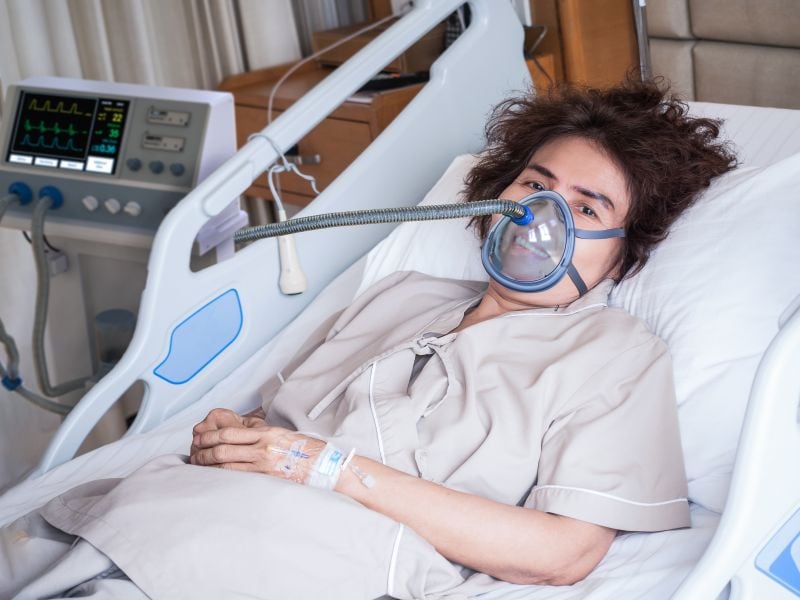Risk for death remained significantly greater after adjustment for demographics, medical comorbidities
WEDNESDAY, Sept. 30, 2020 (HealthDay News) — Patients with any prior psychiatric diagnosis have an increased risk for COVID-19-related hospital death, according to a research letter published online Sept. 30 in JAMA Network Open.
Luming Li, M.D., from the Yale University School of Medicine in New Haven, Connecticut, and colleagues conducted a cohort study to examine the association between having any prior psychiatric diagnosis and COVID-19-related mortality. Data were included for all encounters for hospitalized COVID-19-positive patients between Feb. 15 and April 25, 2020, with follow-up to May 27, 2020.
The researchers found that 28 percent of the 1,685 patients included in the study received psychiatric diagnoses prior to hospitalization. Patients with psychiatric diagnoses were more likely to be female, White, and non-Hispanic; to have medical comorbidities; and to be significantly older. Overall, 18.9 percent of patients died. The mortality rate was higher for patients with versus without a psychiatric diagnosis (35.7 versus 14.7 percent of two-week mortality and 40.9 versus 22.2 percent of three-week mortality). The risk for COVID-19-related hospital death was greater for those with any psychiatric diagnosis in the unadjusted model (hazard ratio, 2.3); the risk for death remained significantly greater among patients with a psychiatric disorder after controlling for demographic characteristics, other medical comorbidities, and hospital location (hazard ratio, 1.5).
“It is unclear why psychiatric illness predisposes to COVID-19-related mortality,” the authors write. “Psychiatric symptoms may arise as a marker of systemic pathophysiologic processes, such as inflammation, that may, in turn, predispose to mortality.”
Several authors disclosed financial ties to the biopharmaceutical industry.
Copyright © 2020 HealthDay. All rights reserved.








